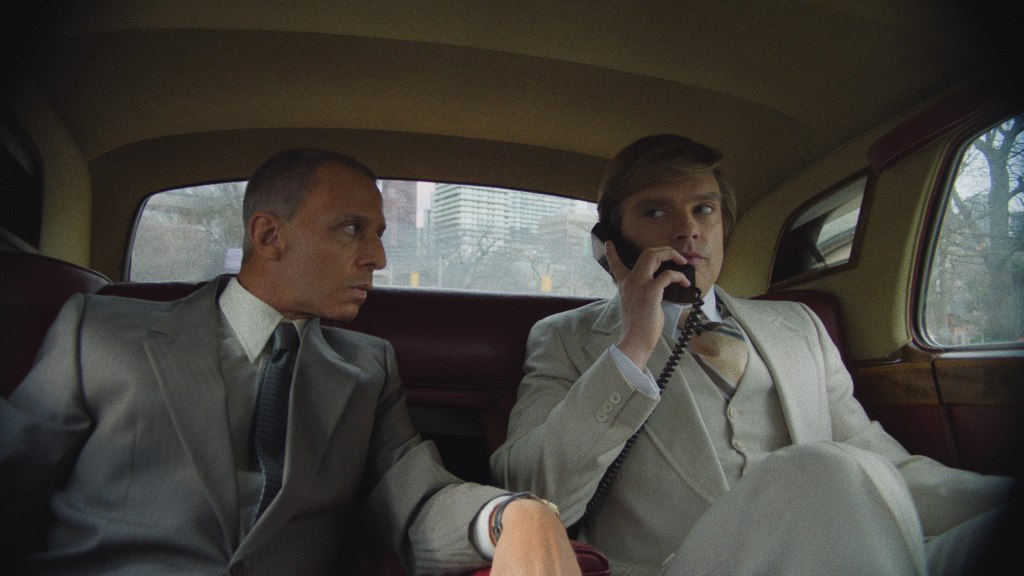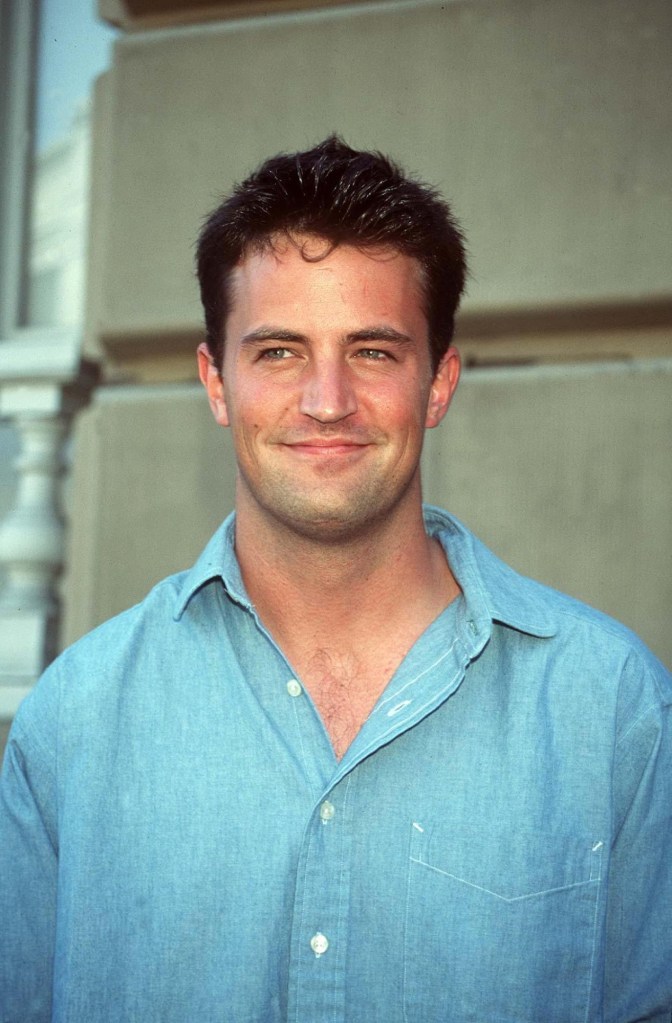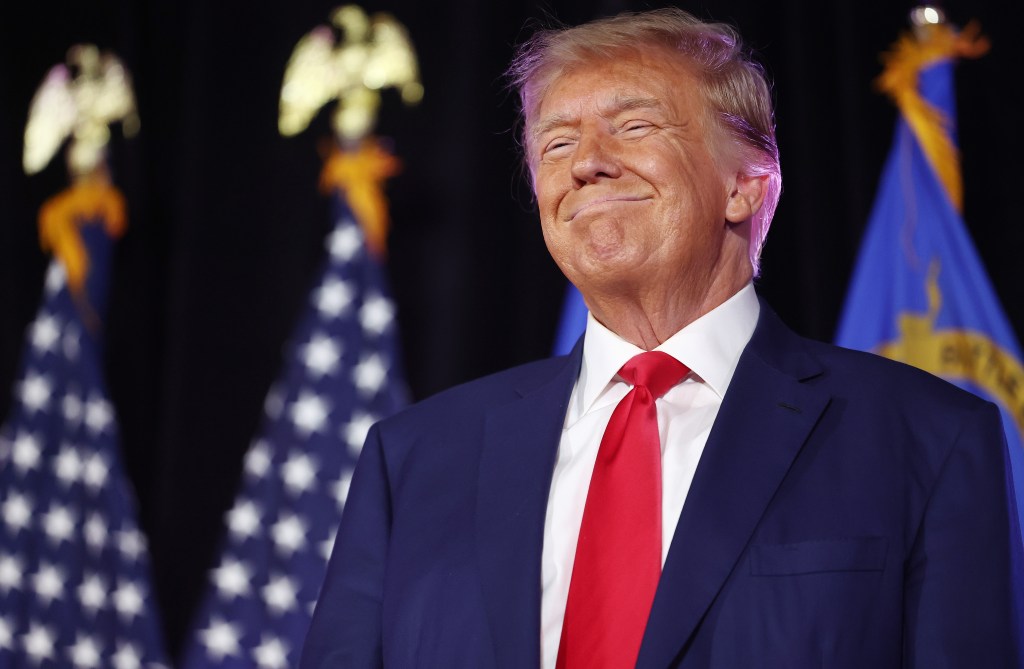Former President Donald Trump is on the brink of being charged with a crime in the last place he’d ever choose—his former home of Washington, D.C.
Trump is now all but certain to be criminally indicted by federal prosecutors over his attempts to reverse his 2020 election defeat, after receiving a so-called target letter from Special Counsel Jack Smith last week. That means an indictment is about to drop in a city that voted overwhelmingly for Trump’s Democratic opponents—including 92 percent for President Joe Biden in 2020, and 91 percent for Hillary Clinton in 2016.
Videos by VICE
What’s more, juries in the nation’s capital have been cranking out convictions of Jan. 6th defendants for months. After all, this is a town where plenty of potential jurors remember the assault on the Capitol as a particularly shocking moment, because it went down within a few miles of their homes. Over 700 people have been found guilty for their actions in the insurrection as of June 2023, although the majority of them entered guilty pleas and never went to trial.
“President Trump faces a jury pool that will be, at best, hostile, belligerent, and predisposed against him,” said Gene Rossi, a former federal prosecutor who represented a convicted Jan. 6 defendant, William Isaacs, in a trial earlier this year. “As a prosecutor, you could not ask for a better scenario.”
Even the cafeteria of the E. Barrett Prettyman U.S. Courthouse looks out over the Capitol Building.
“Every day of the trial, your jury is literally staring at the scene of the crime,” Rossi said. “That has a profound effect, subtly if not overtly, on the psyche of those who will judge Donald Trump.”
Many D.C. residents have a friend, relative or acquaintance who works on Capitol Hill or was present during the insurrection, leading many D.C. residents to feel the event wasn’t some far-off news item, but an attack that took place in their community staged by out-of-towners.
“The overwhelming sense was this was a personal violation, a personal affront,” Samuel Shamansky, attorney for convicted Jan. 6 rioter Dustin Thompson, told The Daily Beast. “Folks from outside the D.C. area with an anti-D.C. agenda took over their city and trashed the Capitol building and assaulted their officers, all in the name of a fake stolen election.”
None of this means Trump can’t get a fair trial. The court system stages a rigorous process to weed out jurors with explicit political bias, and Trump’s own lawyers will get to reject some jurors. An analysis of Jan. 6 trials by Roger Parloff, a legal journalist and senior editor at Lawfare, supported the idea of “D.C. jury fairness.” And besides, as Parloff noted, the Constitution generally holds that crimes should be prosecuted in the location where they occurred, and a binding ruling in the D.C. appeals court from the 1970s holds that the local venue’s “voting patterns” are irrelevant.
Still, overwhelming local support for Trump’s Democratic opponents suggests he’ll hardly be walking into a courtroom full of sympathy for his frantic attempts to reverse his 2020 defeat, or for his frequent complaint that he’s being targeted in a “witch hunt” by his political opponents.
And all this means Trump now faces one of his gravest criminal threats from a new indictment that is likely just days or weeks away.
Trump has maintained his innocence, and insisted he’s being prosecuted because he’s running ahead in polls for the GOP presidential primary. He’s slammed the investigation as “political interference.”
The target letter sent to Trump by Smith’s team mentions three charges, including conspiracy to defraud the United States and a broad charge related to a violation of rights, according to the New York Times.
The crime known as conspiracy to defraud the United States generally involves enacting a plan to obstruct some function of the U.S. government, and is commonly used against tax cheats. In this case, the charge would likely reflect an attempt to thwart the certification of Trump’s electoral loss, which Congress had gathered to make official on Jan. 6, 2021.
Rossi predicted Trump’s first move will be to attempt to move his case out of Washington D.C.
Such motions often fail, but there have been notable exceptions. To take one famous example: Timothy McVeigh, the convicted Oklahoma City bomber, managed to move his criminal trial to Denver, Colorado, by convincing his judge that he could not get fair treatment in Oklahoma.
Trump’s problem won’t just be whether the bulk of the jury pool generally disapproves of his politics. A D.C. jury is also less likely to feature any hardcore MAGA supporters who might slip in and vote to clear Trump no matter what the evidence says.
That kind of person could ensure a hung jury, which would force prosecutors to decide whether to bring the entire case again. A single holdout juror could not single-handedly engineer a not guilty verdict, however, if other jurors vote to find Trump guilty.
Trump would hardly be the first top MAGA-world figure to face criminal charges in Washington D.C. and grouse about the local jury pool. His former political advisor, Paul Manafort, unsuccessfully sought to move his two criminal cases from Washington DC. and Alexandria, VA (which lies just outside Washington D.C.) to Roanoke, Virginia, back in 2018.
“This may be the rare case where a juror’s predisposition may directly tie to their vote in the last presidential election,” Manafort’s attorneys wrote at the time. But both judges expressed skepticism that moving the cases would be necessary. Eventually, Manafort was found guilty at trial in Alexandria, and entered a guilty plea in D.C.
Trump is already facing criminal charges in New York City and in southern Florida. He’s entered not guilty pleas in both cases.
More
From VICE
-

-

A DEA agent (Photo by RJ Sangosti/MediaNews Group/The Denver Post via Getty Images) -

Jeremy Strong and Sebastian Stan, playing Ray Cohn and Donald Trump in new movie 'The Apprentice' -

Photo by Dave Lewis/Shutterstock


